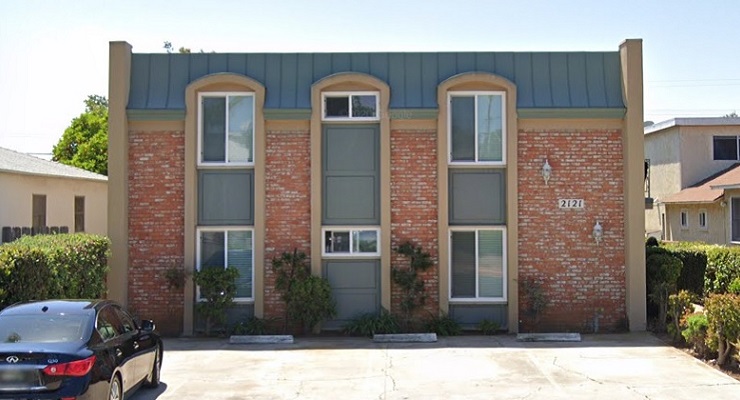
Mortgage rates fell for the fifth consecutive week as the U.S. economy slowed in recent weeks, as inflation showed further signs of cooling. The average 30-year fixed rate mortgage reported by Freddie Mac last week dropped another seven basis points (bps) from the prior week and reached the lowest level since mid-September.
According to a Freddie Mac statement, “Market sentiment has significantly shifted over the last month, leading to a continued decline in mortgage rates. The current trajectory of rates is an encouraging development for potential homebuyers, with purchase application activity recently rising to the same level as mid-September when rates were similar to today’s levels.
“The modest uptick in demand over the last month,” reported Freddie Mac, “signals that there will likely be more competition in a market that remains starved for inventory.”
The Federal Housing Agency (FHA) also announced an increase in conforming loan limits in 2024, as interest rates continued to drop for the fifth consecutive week.
Tight supply and high cost of borrowing continue to put the brakes on the housing market this year. But with loan limits rising and mortgage rates declining, more people should be able to afford to buy a home, and the market should begin to turn around in the first quarter of next year, said a report from the California Association of Realtors (CAR).
An increase in consumer confidence reported last month is another indication of a strong economy as the Fed continues to ease inflation, the report added.
While many economists look for a recession moving toward 2024, said CAR, most of those economists also anticipate only a mild one.
The Federal Housing Finance Agency (FHFA) reported last week that the maximum baseline conforming loan limit for one-unit properties will increase 5.6% to $766,550 in 2024, from $726,200 in 2023.
In California and New York, where costs are considerably higher, those higher loan limits will be raised to $1,149,825 next year, from $1,089,300 this year.
A conforming loan limit determines the maximum size of a mortgage that Fannie Mae and Freddie Mac can buy or “guarantee.”
Conforming loans typically have lower interest rates than non-conforming loans, thus the increase in the limits next year should benefit many California homebuyers, said the CAR report, especially since home prices are expected to grow moderately in 2024.
With rates declining quickly in the last few weeks, the market could grow volatile, said CAR, and rates could bounce back up in the near term.
The 10-year Treasury yield, in fact, ticked up on Monday as investors continued to speculate on the Fed’s next move.
According to HousingWire.com, home loan applications increased 0.3% for the week ending November. 24 compared to the previous week, according to data from the Mortgage Bankers Association (MBA).
Mortgage rates for the 30-year fixed loan averaged 7.29% as of November The number of purchase applications (seasonally adjusted) was 5% higher than one week earlier but was below the same week of last year’s level by nearly 20%.
The increase in applications in the past month is encouraging, said CAR, and the market “will hopefully continue to bounce back in the final month of the year,” the report noted.
Adding to the hopeful economic landscape, consumer confidence has risen after dropping three months in a row and remained near its recent low.
The Conference Board’s index increased in November to 102.0 from a revised 99.1 in October, but the latest monthly figure was still the second-lowest reading of the year. Consumers, in general, were more positive last month with 19.8% of them saying business conditions were good, a slight increase from 18.3% in October.
As the Conference Board most recently reported, “Consumers were less pessimistic about the short-term business conditions outlook in November, as 17.3% of consumers expect business conditions to improve, up from 15.5% in October, and 19.5% expect business conditions to worsen, down from 20.9%.
At the same time, consumers’ assessment of the short-term labor market outlook was slightly more optimistic in November, as 16.1% of consumers expect more jobs to be available, up from 15.3% in October, while 19.6% anticipate fewer jobs, which is down slightly from 19.7%.







